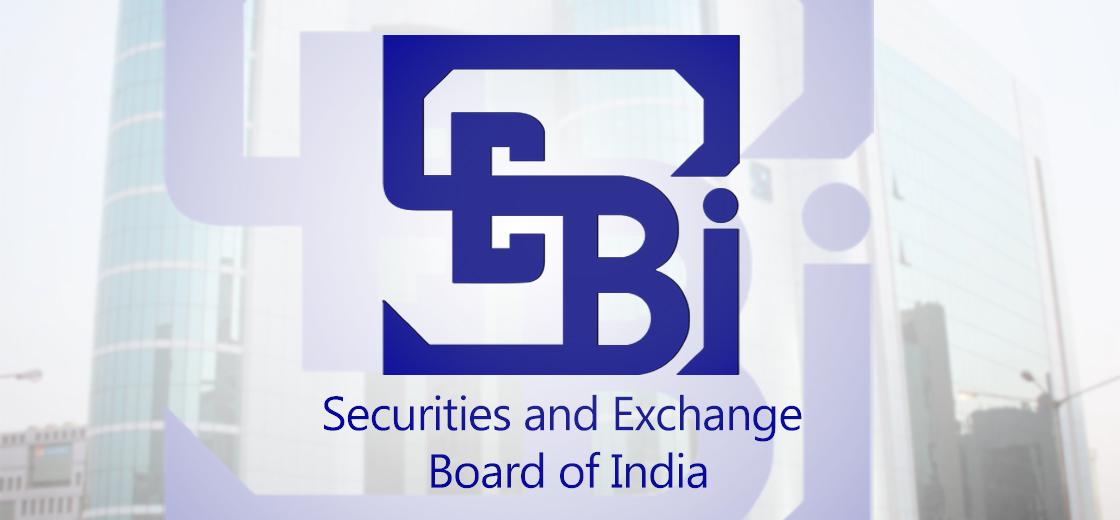Sep 1, 2020
by Prashant Jha
SEBI's New Margin Norms Looks Similar to Crypto Margin Trading Rules; Could Prove Disastrous For Brokers
.
Disclaimer: The views and opinions expressed in this article are for informational purposes only and do not constitute financial, investment, or other advice. Investing in or trading crypto assets comes with a risk of financial loss.
An engineering graduate, Prashant focuses on UK and Indian markets. As a crypto-journalist, his interests lie in blockchain technology adoption across emerging economies.
